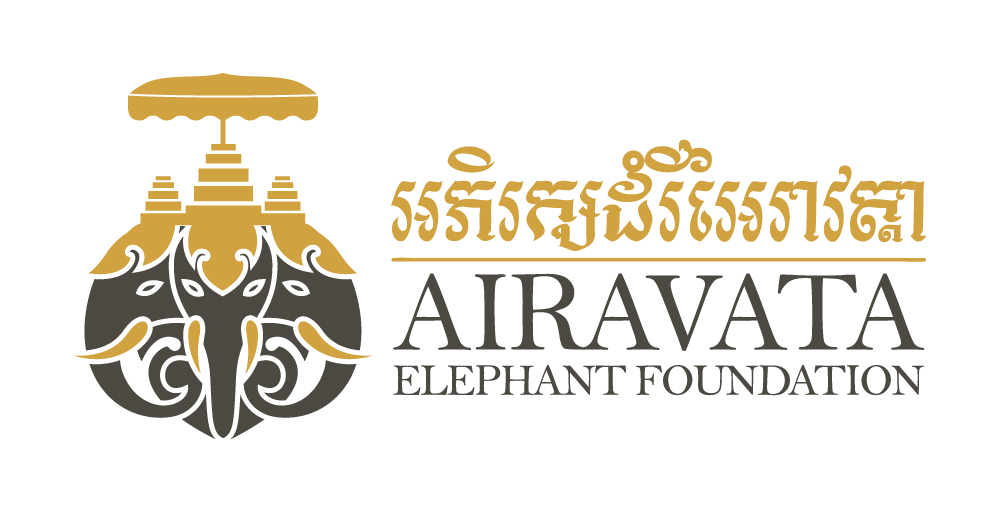Our Mission
Curb the trend !
The Aïravata project was born of the need to protect the very last elephants of Ratanakiri province at a time when these magnificent animals might disappear not only from Ratanakiri but from Cambodia.
In the old days, each Ratanakiri tribe would own a few elephants but, time passing, the province started loosing its pachyderms. An exceptional heritage was on the verge of disappearance, elephants but also all the knowledge passed on from generation to generation by families of mahouts.
We are therefore proud and happy to introduce you to the very last elephants of the province in their natural environment, the protected forest of Okatieng.
Conservation Project
A Conservation Project that is both cultural, ecological and social, AÏRAVATA allows a real interaction with elephants and teaches the public to know them, to take care of them and to ride them themselves.
Just like Hindu god Indra mounted Aïravata the mythical three headed elephant, contemporary nature lovers too can ride beautiful Ikeo, Kamsen or gigantic Bokva and reach… Nirvana !
A visit to our center helps our foundation to protect a whole world that otherwise would be doomed !
Ecology and culture
The main idea of Airavata is to provide elephants with the right environment for them. An elephant needs space, company and lots of varied foods.
An elephant can’t be confined for too long, it needs exercise but also a great variety of plants and roots to sustain all his nutritional needs. The Cambodian forest offers all that and elephants are perfectly capable to recognize plants that are necessary to prevent deficiencies or illnesses that can affect them according to their age or their state of health.
The extinction of elephants in Ratanakiri would also lead to the disappearance of all the knowledge passed on from generation to generation by families of mahouts. From time immemorial, this knowledge has been passed on from generation to generation and its disappearance would have been a cultural loss that we were not ready to let happen.
There are no « happy » elephants without forest !
Out of its natural environment an elephant frequently develops troubles that can be both physical and psychological, that is why, while taking an interest in their well being we naturally had to think about preserving their whole ecosystem.
Further down from the clear forest where our elephants currently evolve there is a superb mature forest of about 300 hectares that, thanks to a hilly terrain has been largely protected from deforestation.
The three villages owning this forest have agreed to let us develop ecotourism in various forms, the villagers promised not to log anymore but they still can gather small wood, medicinal plants and hunt small animals.
Our objectives
At Aïravata we believe that elephants should live in their natural environment, as the forest is the only place where they can find the complete balanced diet that their metabolism needs.
We also think that being social animals, elephants need to be able to interact and live together, it is vital to them .
By bringing males and females together in the right environment and the minimum level of stress we hope to breed the last remaining animals and give a future to the species in Cambodia.
Keeping elephants in their home province of Ratanakiri is also allowing the remaining mahouts to carry on with a 5000 years old tradition that would otherwise be certainly doomed.
The extinction of elephants in Ratanakiri would also lead to the disappearance of all the knowledge passed on from generation to generation by families of mahouts. From time immemorial, this knowledge has been passed on from generation to generation and its disappearance would have been a cultural loss that we were not ready to let happen.
Further down from the clear forest where our elephants currently evolve there is a superb mature forest of about 300 hectares that, thanks to a hilly terrain has been largely protected from deforestation.
The three villages owning this forest have agreed to let us develop ecotourism in various forms, the villagers promised not to log anymore but they still can gather small wood, medicinal plants and hunt small animals.
